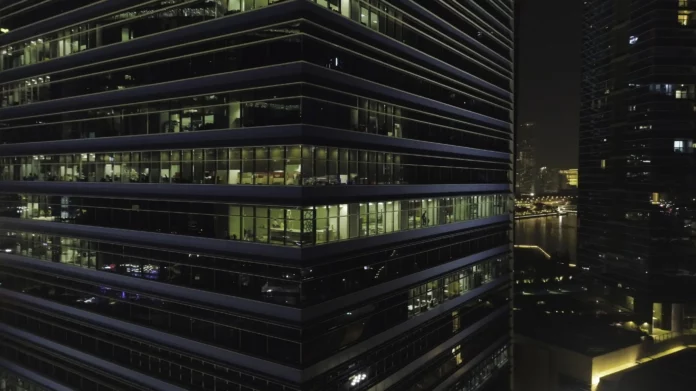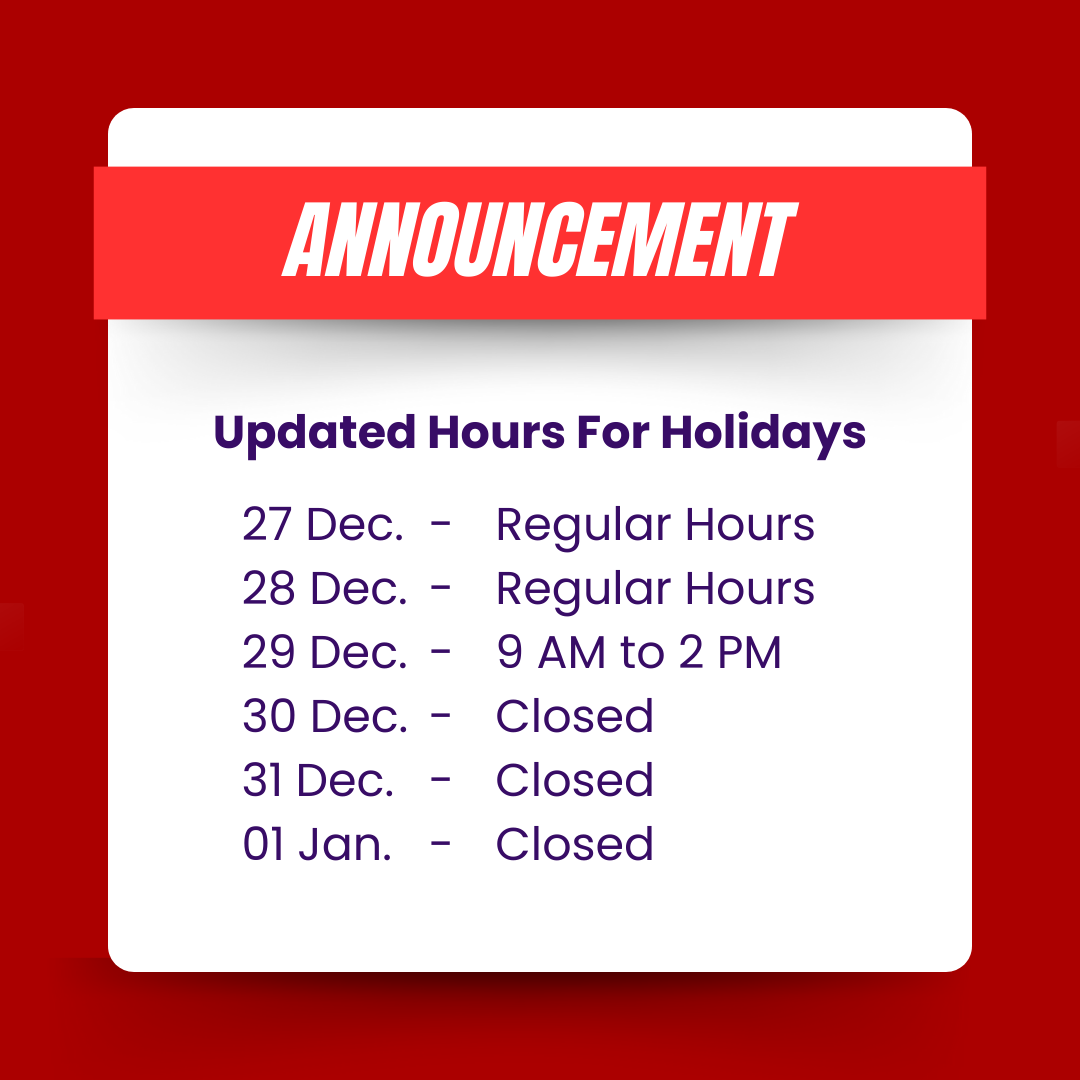These are Uncertain times, with self-isolation requirements Set out by the government resulting in many job sites being shut down, or employees working from home. This could result in commercial buildings and construction sites sitting idle for an extended period of time during which the buildings or job sites could be subject to property or liability damages that are typically associated with vacant properties.
It is important to be aware of maintenance schedules associated with building systems, including, fire protection equipment service and maintenance; roofing repairs; HVAC maintenance; refrigeration systems, etc. Keeping track of when the scheduled maintenance is required for these services is considered a proactive approach to avoiding unwanted property damages, now that the weather is be coming warmer, this reduces the risk of frozen water pipes, Which could result in significant water damage to the building and property.
Explore the importance of business insurance in maintaining vacant commercial properties. Learn how to safeguard your investment, mitigate risks, and preserve property value through strategic insurance coverage. Discover essential tips for property owners and investors in this comprehensive guide.
Monitoring the Property
Ensure all fire protection equipment continues to be maintained in working condition.
Monitored security alarm systems should continue to be operational, as these facilities could become targets of theft during prolonged vacancy.
Refrigeration systems should be checked on a daily basis to prevent stock spoilage, where applicable.
Frequent visits (preferably daily, but a few times a week would be adequate) to the property should be conducted to ensure combustible debris does not accumulate on the exterior.
Continue to keep the exterior illuminated to include entrances and any exterior stock accumulation.
Manufacturers
Identify a return-to-work process that highlights critical staff, subcontractors and suppliers that may have limited capacity following a prolonged shutdown.
If the operations have been shut down for an extended period, ensure the plant manager reviews the equipment manufacturers’ suggested recommendations prior to starting up machinery.
Being prepared with a detailed contingency plan in the event you don’t have access to your property for an extended period of time will help you get back to regular business as quickly and safely as possible.







